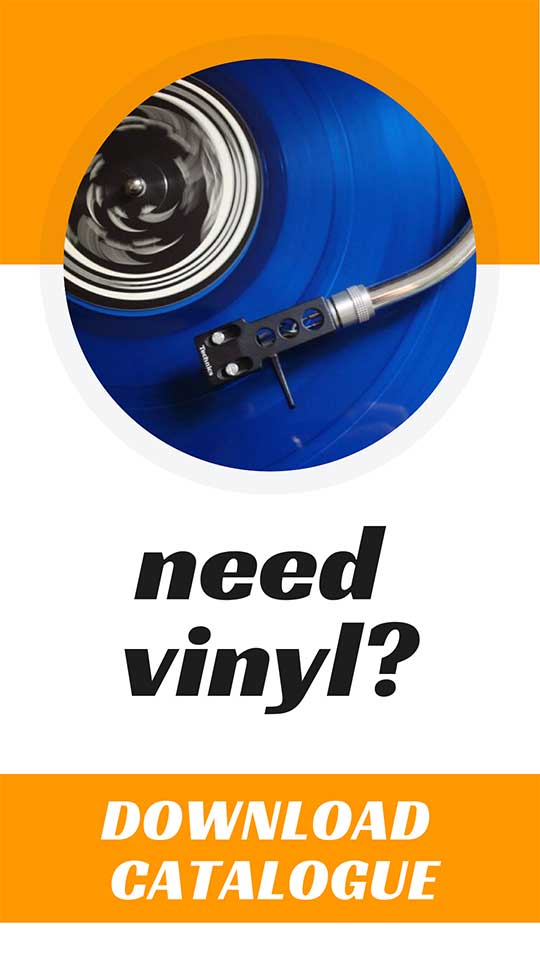How to Start a Band
No, you don’t have to go on X-factor to launch your music career. You can form a band with a group of friends, a few instruments and a desire to create audio brilliance. Everything else we’ve taken care of – and it’s all just a few scrolls away.
Do you dream of being paid to do what you love? Who doesn’t! But if you’re committed to music, have a look at our guide and discover how to turn that burning fire into a real career.
launching a successful music band
When starting a band there are a few absolute necessities. They include bandmates, a dedication to music, a sound preference for your band, a name, a place to practice, a willingness to practice even when it’s hard, and something to make music with (traditionally this would have been an instrument, but a laptop can suffice).
Within these factors, there are a world of potentially mitigating factors.
Your band could split up because of a simple misunderstanding, a difference of artistic inspiration, or literally anything else.
But to start a band, you will need a passion for music, a group of like-minded individuals, and a resilience. From here, you can follow our guide to give you the best chance of succeeding with your band.
How Do You Start A Band?
The idea of starting a band has transfixed anyone who has ever enjoyed music.
How brilliant would it be to be paid to create great music? But there is a reason why, for so many of us, the dream of starting a band is a dream. To start a band and be successful, you need hard work and dedication.
That means there isn’t an easy-to-follow road map on to become the next Beatles, or even the next One Direction. But there are some essential steps you must make to maximise the chance of your band being successful:
- Find some bandmates. In years gone by you’d have to find the best drummer, guitarist and singer in your local area. Now, with the advent of cheaper, simpler technologies, you can create a band using your own computer and a plug-in mic. However, the main thing you need is bandmates who share your passion for music and are willing to learn. Try Gumtree for to see who’s available locally.
- Choose your music. To stand out from the metaphorical crowd, you need a unique sound. Don’t just copy the band you all enjoy, then you’re simply a cover-band. If you want to be truly iconic, discuss your musical preferences and agree on a vibe to aim for.
- Practice. Practice. Practice. Remember, nothing in this world comes with hard work. And instruments do not lie. If you and your bandmates are slacking on practice, your sound will not be worth listening. Perfect your sound to draw in the listener – and practice makes perfect.
- Find somewhere to practice. This is just as important as practice. You and your band need comfortable rehearsal space, somewhere where you feel confident enough to try new sounds. You also need somewhere that you will not annoy your neighbours – so don’t just use your living room. Aside from the poor acoustics, you run the risk of noise complaints and nothing kills a band quicker than financial burdens.
- Agree on a name. For some, the choice of the band’s name is of upmost importance. For others, it’s just a name. But that name is the first thing your audience will engage with. It is worth agreeing upon a name that the entire band loves and feels proid to represent
- Record a demo. Once you’ve agreed on all of the above, switch on the recorders. It may sound brilliant, it may sound terrible, but it’s a starting point. And that’s the hardest thing to do – start. Remember, practice makes perfect. For every bad demo, you and your band are getting a step closer to THE demo.
- Project an image. As much as being in a band is about creating a beautiful, engrossing sound it is also about consumerism. You need the audience to enjoy your band and be willing to pay to see you. A strong united image of the band will help create that attraction.

How Do You Find band members?
There are a million ways to connect with other humans. And these connections have created a million different ways to find your bandmates and form a band. You can reach out to find like-minded wannabe musicians by:
- Posting on your community notice board.
- Putting an ad up in your local café, music shop, bars and venues
- Posting on Facebook
- Posting on Twitter
- Posting on Instagram
- Chatting to other like-minded individuals on online forums, such as Reddit, YouTube and SoundCloud.
- Looking up Gumtree
Remember, finding the most accomplished and skilled musicians isn’t a guarantee of success. Your bandmates will be people who you will spend an extraordinary amount of time together with.
So, make sure you get on with them. Be careful, the Beatles didn’t break up because Paul thought he was a better guitarist than John.

What equipment do you need when Forming a band?
Previously, to start a band you would have needed a guitarist, drummer and singer. Potentially a bass guitarist too. But now, with the rise of digital musical production, a large portion of your sound can be created artificially on a computer or laptop.
Undoubtedly, knowing how to play instruments will benefit your musicality and ability to create enjoyable music. But it isn’t a requirement like it used to be.
Therefore, if you do not have access to instruments, to start a band, you will need access to a computer with internet capabilities. If you cannot obtain that, start your band the old-fashioned way; with hard work and a desire to learn all you can about your instrument.
Is starting a band worth it?
You might ask, is forming band worth it? Ultimately, you’ve got to work out if creating a band will make you happy. There will be lots of frustration, hard work and rejection. But you will be able to create music in the way you want and share that with your fans.
If you do not think that is your dream, then starting a band isn’t for you. If that does excite, good luck and I genuinely cannot wait to hear your music.
How do you name a band?
A great band name has to be catchy. It has to be impactful. And it has to put across the image of your band instantly. But don’t forget, this is difficult to do. In fact, in the early days of your band you will probably change name several times.
The best thing to do is relax, write down a few names on a piece of paper and come back to it in a few days’ time. Whatever you connect with most, choose that name. But its up to you and your bandmates – find a name that suits you.
How do I start searching for potential bandmates?
Start by defining the kind of music your band wants to play. You need to find like-minded musicians who are interested in the same genre of music.
You can spread the word in your local music community, on social media, and on platforms like TikTok. You can also attend open mic nights and relevant gigs to meet potential members.
What is the best way to find a rehearsal space?
Depending on your budget and needs, consider renting a professional rehearsal space. These can be found online, in local ads, or via word of mouth in your local music scene.
Alternatively, if one of the band members has a suitable space like a garage, this could also work as your first band rehearsal space.
How can we organize a successful first band meeting?
The first band meeting is essential for setting the tone and defining the band’s direction. Get to know each other’s music influences, set the regular rehearsal schedule and discuss some original material if you have any.
It might be a good idea to start with a jam session to see how everyone in the band gels together musically.
When is it time to start rehearsing?
Once you have your bandmates and rehearsal space sorted out, it’s time to start rehearsing. Aim to rehearse at least once a week, working on both covers and your original material.
Regular band practice is crucial to becoming a good band.
How should I choose a band name?
Choosing a band name is a collaborative decision. It should be something that represents your music and each of you can relate to.
Make a list of name options in your first band meetings and narrow it down. Ensure the chosen band name isn’t already in use in the music industry to avoid legal complications later on.
What is involved in starting to play gigs?
First, make sure your band has a tight set of songs to perform, at least 30 minutes of material. Then create a press kit or electronic press kit (EPK) with your band’s music, a short bio, and high-quality photos.
Start by playing at local venues, and gradually increase your reach as your band improves and gains popularity.
How can I spread the word about my new band?
There are many ways to spread the word about your new band. You can leverage social media platforms, gig flyers, and word of mouth.
Consider creating an email list to send updates about your band straight to your audience’s inbox.
TikTok has also become a popular platform to share snippets of your rehearsal and gigs and can be an effective tool in promoting your music.
What is a band agreement and why do we need one?
A band agreement is a legal document that outlines the obligations and rights of each member. It covers terms such as profit sharing, decision-making, and what happens if someone leaves the band.
While it might feel formal, having a band agreement can prevent potential disagreements or misunderstandings in the future, helping to keep your band successful and unified.
At what point should we start looking for a new member?
If one of your bandmates decides to leave, or if you all agree that you need a new set of skills (like adding a keyboard player or a different vocalist), then it’s time to start searching for a new member.
Remember to involve everyone in the band in these decisions and discussions.
What are the first steps in starting to tour with a band?
The idea of touring often comes after you’ve established a local following, recorded original material, and performed multiple successful gigs.
Start by planning a route and reaching out to venues along that route. Growing your fan base and receiving a positive response from different places would signify you’re on the right track.
Hope that was helpful!
Thanks,
Rory
Get ready for your CD release!
Download our FREE pdf guide and be on the sure path to release your CD successfully.
Download pdf guide

